
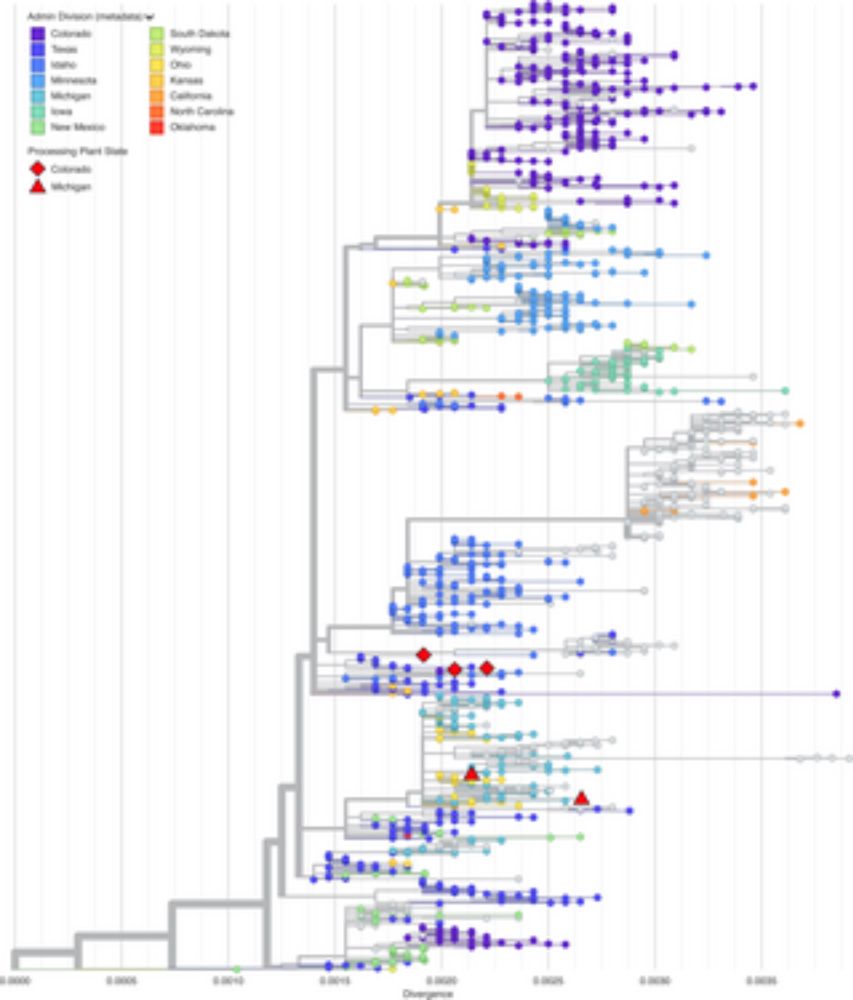
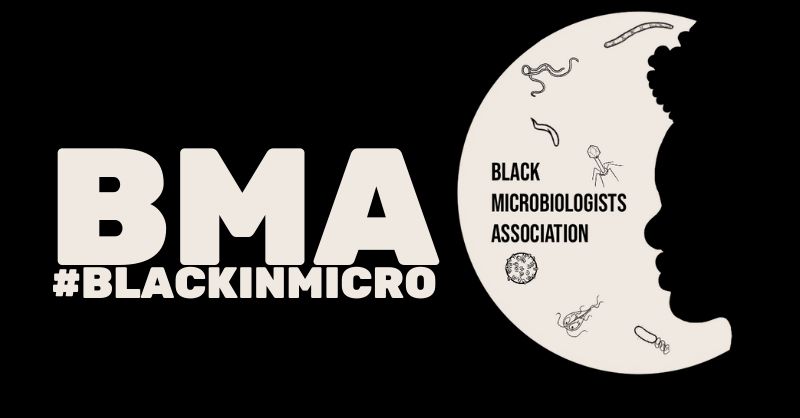
@mabi-behruznia.bsky.social @danwhiley.bsky.social @blackpassiflora.bsky.social and others
www.biorxiv.org/content/10.1...

@mabi-behruznia.bsky.social @danwhiley.bsky.social @blackpassiflora.bsky.social and others
www.biorxiv.org/content/10.1...
“…early funding success introduces a growing rift, with winners just above the funding threshold accumulating more than twice as much research funding (€180,000) during the following eight years as nonwinners just below it.”
www.pnas.org/doi/10.1073/...
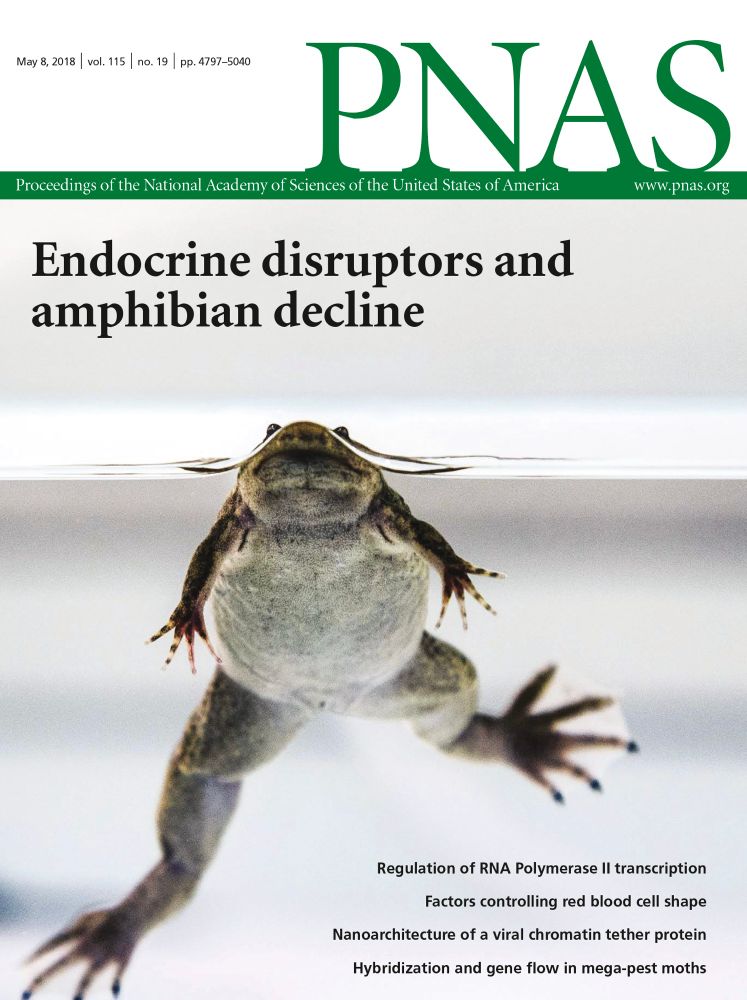
“…early funding success introduces a growing rift, with winners just above the funding threshold accumulating more than twice as much research funding (€180,000) during the following eight years as nonwinners just below it.”
www.pnas.org/doi/10.1073/...
I'm excited to announce Autocycler, my new tool for consensus assembly of long-read bacterial genomes!
It's the successor to Trycycler, designed to be faster and less reliant on user intervention.
Check it out: github.com/rrwick/Autoc...
(1/5)
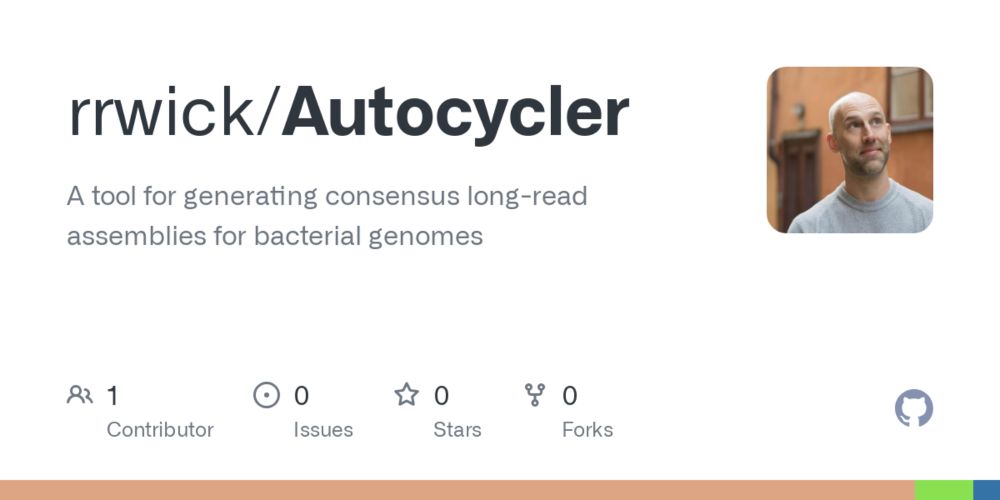
I'm excited to announce Autocycler, my new tool for consensus assembly of long-read bacterial genomes!
It's the successor to Trycycler, designed to be faster and less reliant on user intervention.
Check it out: github.com/rrwick/Autoc...
(1/5)
A new, open-source database for pathogen sequence sharing. 👐🧬🌎
1/12
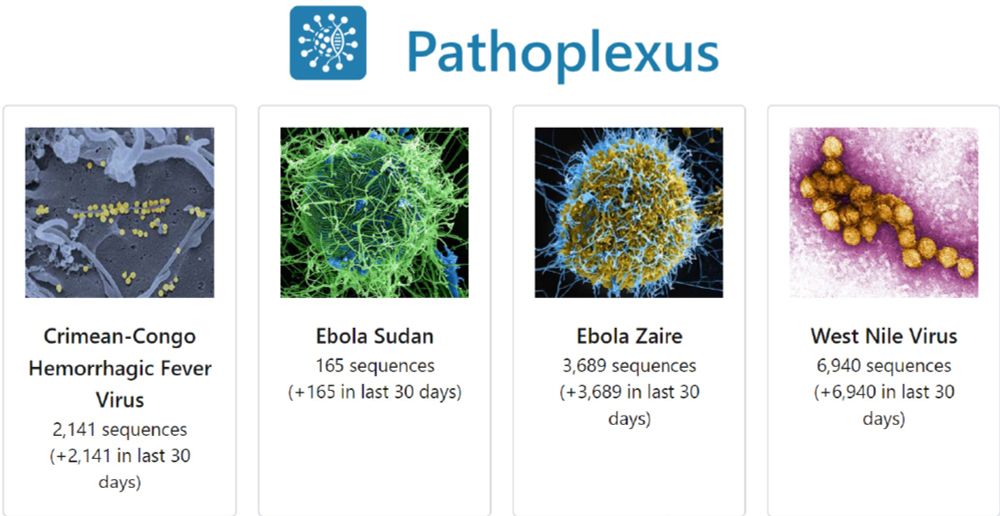
A new, open-source database for pathogen sequence sharing. 👐🧬🌎
1/12
www.microbiologyresearch.org/content/jour...

www.microbiologyresearch.org/content/jour...
#EpiSky www.eurosurveillance.org/content/10.2...
#EpiSky www.eurosurveillance.org/content/10.2...

